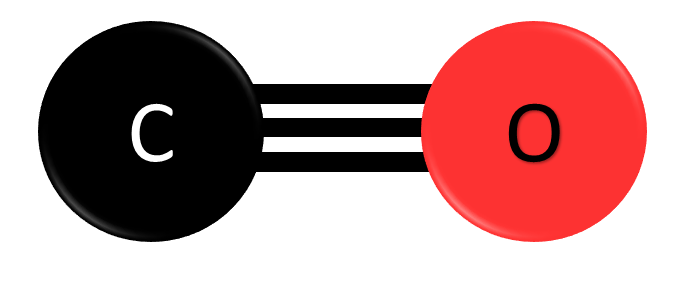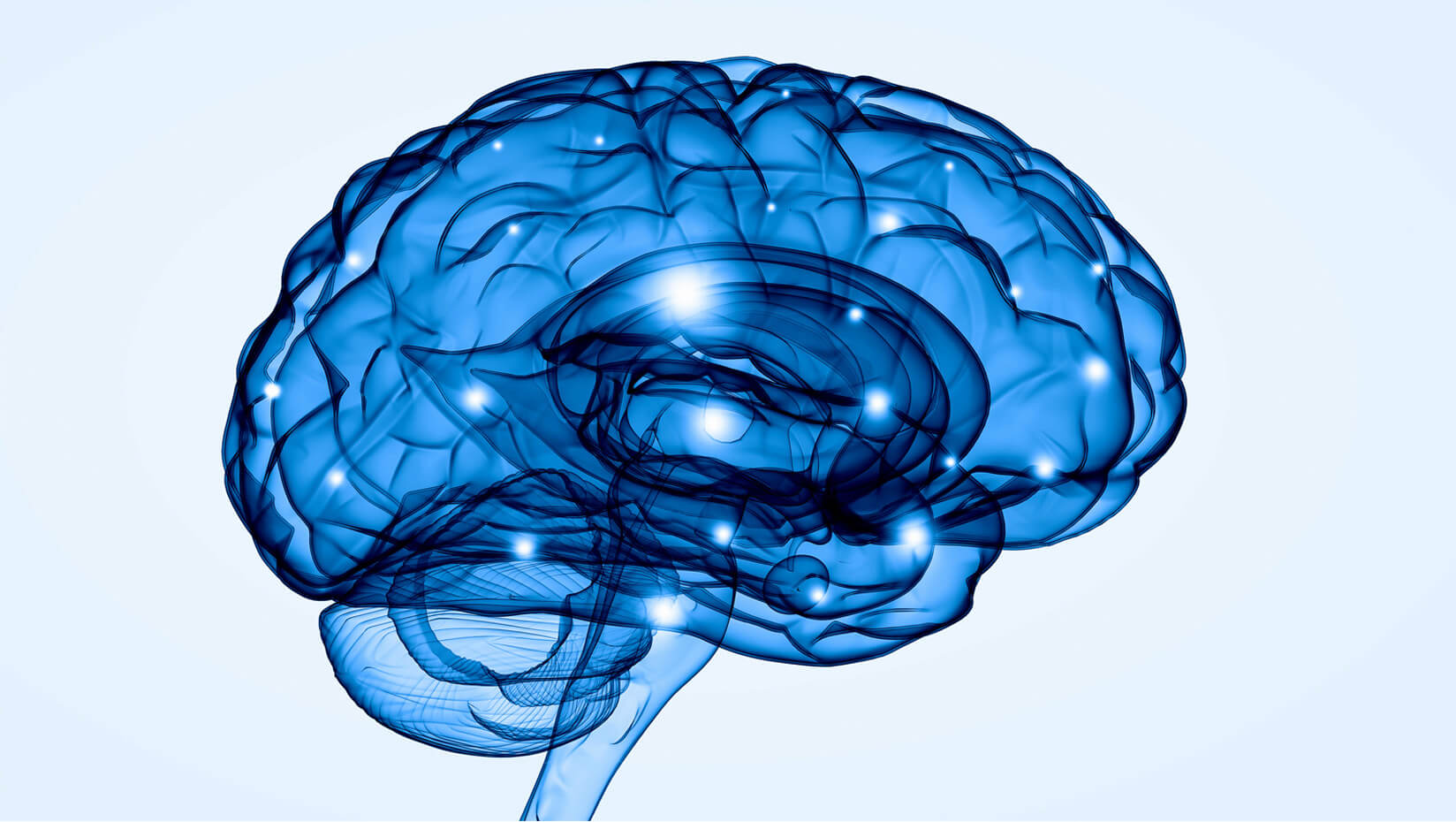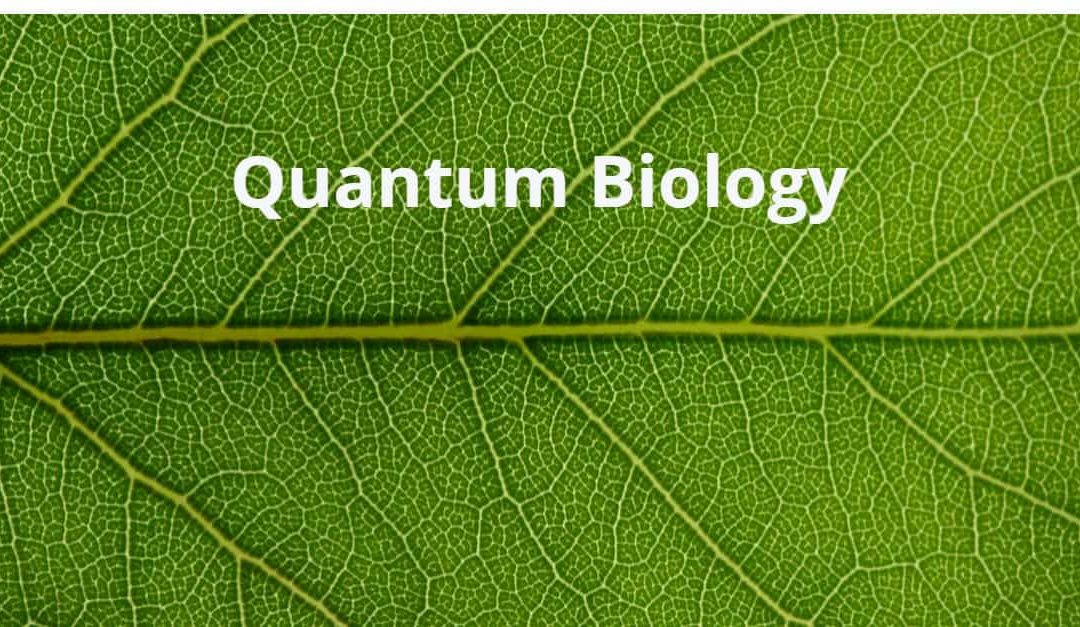Protein Power – Exploring the Essential Roles of Proteins
Proteins are complex molecules essential for life, composed of amino acids linked together in specific sequences. These molecular powerhouses serve diverse functions in living organisms, such as catalyzing reactions, providing structural support, and facilitating communication between cells.
There are several types of proteins, each with a unique role. Enzymes, for instance, accelerate chemical reactions; structural proteins contribute to the formation of cellular structures; and transport proteins facilitate the movement of substances within the body. The classification includes globular proteins, fibrous proteins, membrane proteins, and more, each tailored to fulfill specific biological tasks.
Chains of Amino acids, Protein Power
Amino acids are the building blocks of proteins. Large, complex molecules known as proteins are composed of interconnected chains of amino acids. A vast variety of proteins can be formed by combining 20 various types of amino acids in different sequences. A protein’s specific shape and function are determined by the amino acid sequence within it. During protein synthesis, amino acids are connected through peptide bonds, forming a chain called a polypeptide, which can then fold into its three-dimensional structure to become a functional protein.
Per Day Protine Intake, Protein Power
The recommended daily intake of protein can vary based on factors such as age, sex, weight, physical activity level, and overall health. However, a general guideline by health authorities suggests an average adult should aim for about 0.8 grams of protein per kilogram of body weight. Athletes, pregnant or breastfeeding women, and individuals with specific health conditions may require more protein.
For a rough estimate, a sedentary adult might need around 56 grams of protein per day if they weigh 70 kilograms (154 pounds). It’s always advisable to consult with a healthcare professional or a registered dietitian to determine a more personalized and accurate protein requirement based on individual needs and circumstances.
Proteins Enzymes and Hormones
Enzymes are indeed proteins that act as biological catalysts, facilitating and speeding up biochemical reactions in living organisms. Here’s a brief description of enzymes:
1. Catalysts: Enzymes accelerate chemical reactions without being consumed in the process. They lower the activation energy required for a reaction to occur, making the reaction more efficient.
2. Specificity: Enzymes are highly specific, each designed to catalyze a particular reaction or a group of closely related reactions. This specificity arises from the unique three-dimensional structure of the enzyme’s active site.
3. Substrate Interaction: Enzymes interact with specific molecules called substrates. The substrate fits into the enzyme’s active site, where the catalytic action takes place. This interaction is often compared to a lock-and-key mechanism, where the enzyme (key) fits precisely with its substrate (lock).
4. Regulation: Enzyme activity can be regulated to control cellular processes. Factors such as temperature, pH, and the presence of specific molecules (activators or inhibitors) can influence enzyme function.
5. Denaturation: Enzymes are sensitive to extreme conditions. High temperatures or extreme pH levels can alter their structure, rendering them ineffective. This process is known as denaturation.
In summary, enzymes are essential proteins that play a crucial role in various biological processes by facilitating chemical reactions required for life. Their ability to speed up reactions with remarkable specificity makes them fundamental to the functioning of cells and organisms.
Hormones
That’s correct. Hormones are not proteins; they are typically made of amino acids, but they can also include steroids. Hormones are signaling molecules that regulate various physiological processes and help maintain homeostasis in the body. Unlike enzymes, which are proteins, hormones can be proteins (peptide hormones) or non-proteins (such as steroid hormones).
Examples of protein hormones include insulin and growth hormone, while examples of non-protein hormones include cortisol and testosterone. Each hormone type has specific functions, and their release is often regulated by feedback mechanisms in response to different internal and external signals.
Best Foods for protine goodness
Several foods are rich sources of protein. Here are some examples of Protein Power:
1. Meat: Lean meats such as chicken, turkey, and lean cuts of beef or pork are high in protein.
2. Fish: Fish like salmon, tuna, and cod are excellent sources of protein and also provide omega-3 fatty acids.
3. Eggs: Eggs, particularly egg whites, are a complete protein source.
4. Dairy: Milk, yogurt, and cheese contain protein, with Greek yogurt being particularly protein-rich.
5. Legumes: Beans, lentils, and chickpeas are plant-based sources of protein.
6. Nuts and Seeds: Almonds, peanuts, chia seeds, and hemp seeds are good sources of protein.
7. Tofu and Tempeh’ Protein Power: These are plant-based protein sources, particularly popular among vegetarians and vegans.
8. Quinoa: This whole grain is unique because it contains all essential amino acids, making it a complete protein.
Including a variety of these foods in your diet can help you meet your daily protein needs and ensure a diverse intake of essential amino acids.




I loved you better than you would ever be able to express here. The picture is beautiful, and your wording is elegant; nonetheless, you read it in a short amount of time. I believe that you ought to give it another shot in the near future. If you make sure that this trek is safe, I will most likely try to do that again and again.
Thanks for shedding light on this topic. I learned a lot from this post!